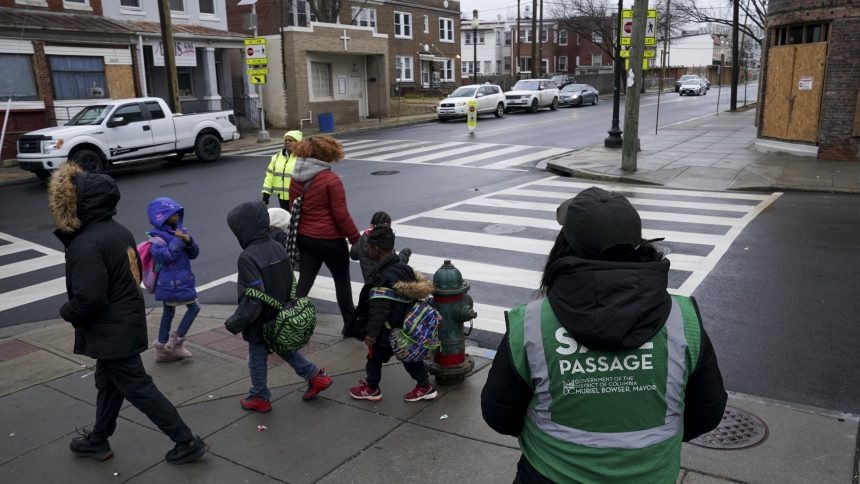Implementing clean air zones in cities to reduce high-emitting vehicles has numerous benefits, from improving air quality to reducing noise pollution. More than 300 such zones exist in Europe, with London hosting the world’s largest ultra-low emissions zone where a study revealed a surprising outcome: an increase in children walking and biking to school.
In a study conducted by the University of Cambridge and Queen Mary University, children aged 6 to 9 in London and Luton were monitored to understand the impact of the city’s emission reduction policies on their health and behavior. The research showed that after the ultra-low emissions zone was implemented in London, 40% of students shifted from passive to active modes of transportation to school, such as walking or biking. This change was significantly higher than the control group in Luton, indicating the positive influence of emission restrictions on encouraging active lifestyles among children.
Promoting active transportation, such as walking or biking, offers not only physical health benefits but also contributes to a cleaner environment. Studies suggest that active commuting can help prevent childhood obesity and enhance mental well-being. While replicating London’s ultra-low emissions zone model in the US faces challenges, improving infrastructure for walking and biking can facilitate a shift towards healthier and more sustainable modes of transportation.
Encouraging active transportation is crucial in reducing reliance on cars and promoting community health. Research indicates that incentivizing active travel can be more effective than solely investing in infrastructure. Ultimately, prioritizing the well-being of children through active commuting can lead to broader benefits for society and the planet.
The unexpected benefits observed in London underscore the importance of creating environments that support active and sustainable transportation, not just for individual health but for the collective well-being of communities. By reducing car dependency and encouraging more people to walk or bike, cities can foster a healthier and greener future.
. If the provided articles seems to be less than 200 characters or it is an intro of the author, then try to generate an articles using this title.London saw a surprising benefit to fining high-polluting cars: More active kids





